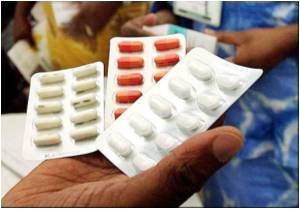Though a new wave of biotech firms in developing countries has sprung up to meet the global demand for affordable drugs and vaccines, a study says that there is the danger of

They found that companies in these developing nations have 69 affordable drugs and vaccines on the market, and another 54 in the pipeline, for local problems such as tuberculosis and tropical diseases.
They also found that pharmaceutical companies in Europe and North America have neglected these diseases because most of the people, who get them, cannot pay much for treatment, making their development economically unattractive.
Rezaie cites a company in India working with a Danish firm on a treatment for diabetes, and another in China working with US firms on drugs for inflammatory bowel disease. Both are diseases that are major problems only in the west.
Hyderabad-based Shantha Biotechnics, on the other hand, has made hepatitis B vaccination possible for millions of Indians by using bacteria equipped with viral genes to make the vaccine, slashing its cost by a factor of 60.
Last year, however, it was bought by Sanofi-Aventis, based in Paris, France, and there are fears its focus might change.
Advertisement
Such things include offering government or philanthropic money to entice companies in rich countries to focus on poor people's diseases, and getting drug companies to allow independent researchers to use their patents to develop drugs for neglected diseases, in return for a royalty payment.
Advertisement
Source-ANI










